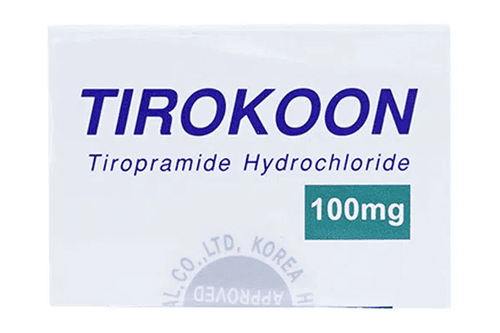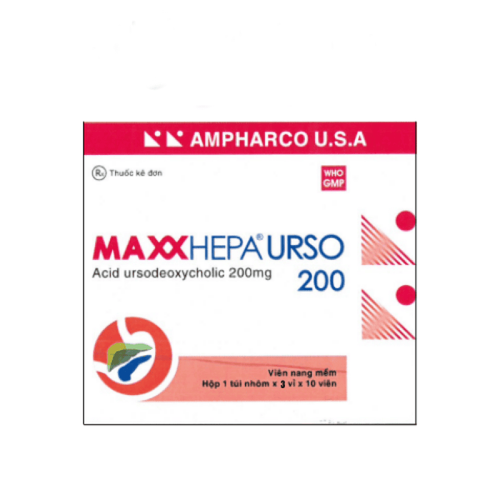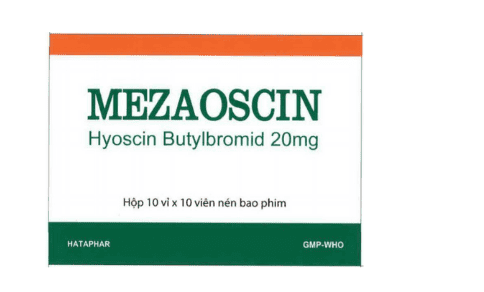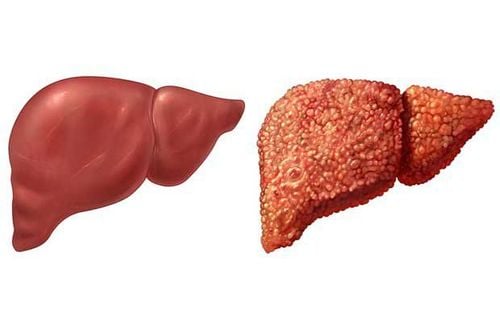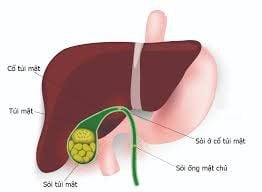This article is professionally reviewed by Master of Science, Dr. Vu Van Quan – Deputy Head of General Surgery Department, General Surgery & Anesthesia Department – Vinmec Hai Phong International Hospital.
Gallbladder sludge can lead to dangerous complications such as bile duct obstruction, biliary tract infection, gallbladder infection, and acute pancreatitis. However, this condition often progresses silently without clear warning signs.
1. What is gallbladder sludge?
The gallbladder, located between the intestine and liver, serves as a reservoir for bile produced by the liver, releasing it into the small intestine to aid digestion. The gallbladder is regularly emptied during the digestive process.
Gallbladder sludge, also known as biliary sludge, is a mixture of calcium bilirubinate salts, cholesterol crystals, and mucus, forming a sludge-like substance in the bile. Over time, this sludge may aggregate into cholesterol stones, leading to severe complications. Gallbladder sludge is considered a precursor to gallstones.
Several factors increase the risk of developing gallbladder sludge, including: Diabetes, high blood lipid levels, rapid weight loss, pregnancy,... Women are more likely to develop gallbladder sludge than men.
2. Warning symptoms of gallbladder sludge
Most cases of gallbladder sludge progress silently, with no apparent symptoms. However, some individuals may experience the following:
Abdominal pain
Nausea
Vomiting
Fever
Bloating
Indigestion or delayed digestion
At this stage, gallbladder sludge may already be causing complications, such as bile duct obstruction or leakage.
Occasionally, symptoms like bloating, nausea, appetite loss, and slow digestion appear but are often transient and unclear. If untreated, gallbladder sludge can form gallstones (e.g., gallbladder stones, common bile duct stones, hepatic stones). Once stones develop, acute symptoms related to gallstones may arise. Even in the absence of stones, gallbladder sludge can cause inflammation of the gallbladder.

3. Is gallbladder sludge dangerous?
Bile is continuously produced in the liver and stored in the gallbladder, where it becomes concentrated. Excess cholesterol in the bile can lead to sludge formation. Gallbladder sludge is dangerous not only because it often causes inflammation of the bile ducts and gallbladder but also due to its silent progression over many years.
When symptoms do appear, they may signal severe complications, such as:
Biliary tract infection
Gallbladder infection (acute or purulent cholecystitis)
Abscess formation
In mild cases, timely treatment can prevent surgery, and patients recover well. Severe cases may require emergency gallbladder removal surgery. However, due to the recurrent nature of gallstones, many patients face a high risk of future gallbladder inflammation.
4. Signs gallbladder sludge has become dangerous
Sudden pain in the right upper abdomen, often triggered by eating fatty foods. Accompanying symptoms such as vomiting, fever, sweating, chills, bloating, or abdominal distension.
The pain can be sharp or dull or even persistent ; nevertheless, if it lasts for several hours and does not subside, immediate medical attention is necessary
5. Prevention of gallbladder sludge
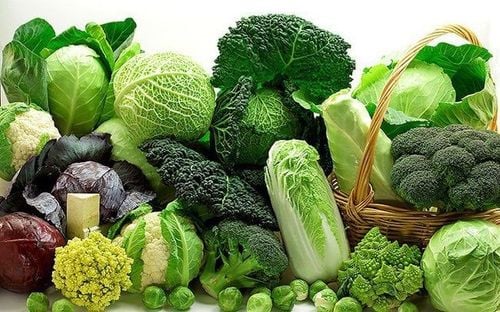
In addition to medicine and supporting products, doctors always recommend nutrition to improve the success of gallbladder sludge therapy. Although you do not have to refrain too much when you have gallbladder sludge, the following things should be limited:
Limit fatty foods: Avoid fried foods and animal organs high in cholesterol, which increase the risk of gallstone formation.
Increase intake of vegetables and fruits rich in vitamin C to help limit fat absorption in the intestines, preventing constipation and diarrhea
Reduce consumption of sugary and refined carbohydrate foods: Sweets, sugary drinks, and processed carbohydrates contribute to fat and cholesterol buildup in the liver.
Engage in regular physical activity: Exercise improves overall health and bile duct mobility.
Maintain proper hygiene and deworming routines: Prevent biliary infections caused by parasites.
Regular health checkups: gallbladder sludge often lacks warning symptoms, seek medical evaluation if you experience any of the following:
Abdominal bloating
Slow digestion
Nausea
Sudden abdominal pain
Early diagnosis and intervention can prevent complications.
Vinmec International Healthcare System prioritizes customer health, hence we offer specialized Liver and Biliary Screening Packages. These tailored packages include advanced diagnostic tests to evaluate liver and gallbladder function, enabling early detection of potential issues.
The screening results are guaranteed to have the highest level of accuracy, as they are conducted by a team of highly skilled and experienced medical professionals, utilizing state-of-the-art technology with a professional and well-structured service quality.
Please dial HOTLINE for more information or register for an appointment HERE. Download MyVinmec app to make appointments faster and to manage your bookings easily.





